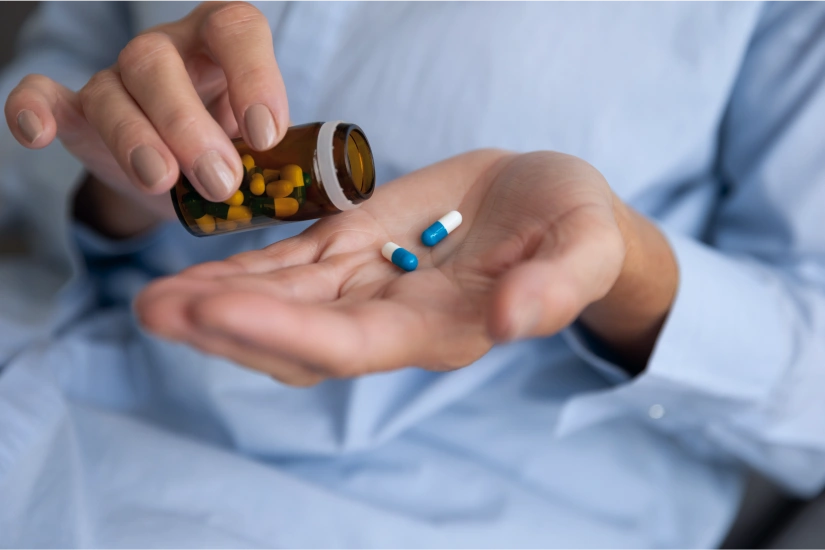24/7 Helpline:
(866) 899-111424/7 Helpline:
(866) 899-1114
Learn more about Group Therapy centers in Pierre Part
Group Therapy in Other Cities

Other Insurance Options

MHNNet Behavioral Health

BHS | Behavioral Health Systems

Medical Mutual of Ohio

BlueCross

State Farm

WellCare Health Plans

Excellus

Providence

Horizon Healthcare Service

Self-pay options

CareSource

Sliding scale payment assistance

Magellan
Beacon

Multiplan

Molina Healthcare

Sutter

Absolute Total Care

Choice Care Network

Cigna





























































































































